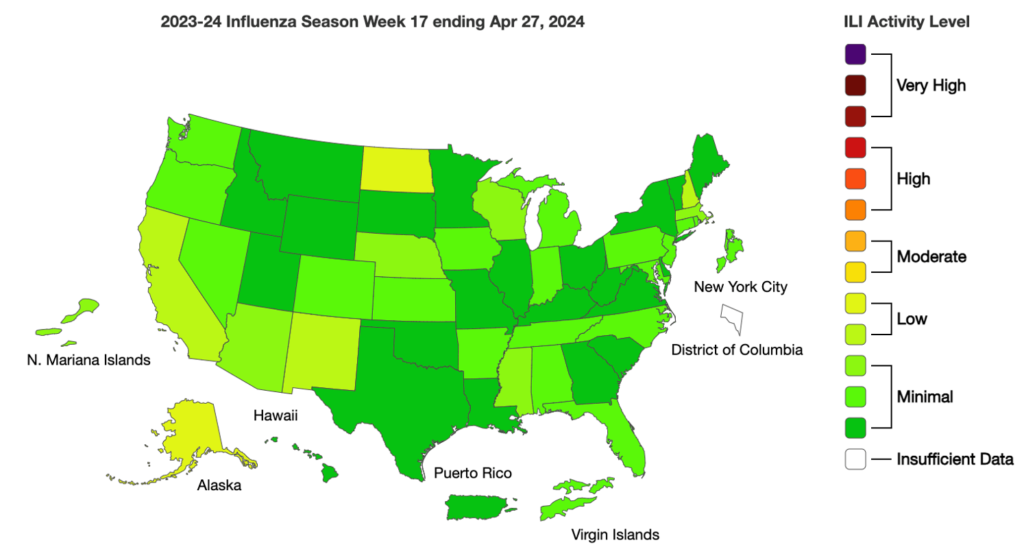With Sunday, May 5, being “World Hand Hygiene Day,” it’s a good time to ensure your workers are following proper hand hygiene to keep customers and other employees safe. The day is particularly timely based on the increased spread of norovirus in Canada and the potential foodborne illness related to that.
As stated by the Public Health Agency of Canada, norovirus is currently spreading faster now than in the past 5 years, particularly in Alberta and Ontario with the number of reported cases higher than expected compared to the previous five-year historical average. Although the public health agencies of Toronto and Ontario don’t track norovirus cases, Toronto Public Health does survey outbreaks of localized increases in the rate of infection or illness, above what’s expected, in hospitals, long-term care homes, and retirement residences.
The agency suspects that the increase is because people are traveling more and interacting more with others than they did during the pandemic years; and expects that the trend will be similar for other common viruses as well. Norovirus is a highly contagious virus, typically transmitted through contact with infected persons or sometimes via surfaces that have been contaminated with viral particles. Additionally, food and water contaminated with norovirus can cause outbreaks.
The best way to prevent spread is to ensure that workers wash their hand thoroughly with soap and water for at least 20 seconds, especially after using the toilet and before preparing food or drink. If a worker is diagnosed with norovirus, any surfaces that may have been contaminated should be disinfected and the worker excluded from the food establishment.
For more on Norovirus, see TAG’s Norovirus Fact Sheet.
COVID Risk Matrix:

Influenza:


- On May 1, FDA reported that no live avian flu particles were detected in over 300 retail dairy products samples tested, including retail powdered infant and toddler formula. Additional products including samples of pooled raw milk continue to be tested and overall surveillance of milk production, processing and pasteurization is ongoing.
- A reminder from the US CDC that they support global health efforts across the world with expertise in epidemiology, surveillance, lab capability and other supportive care. One of these recent focuses is on providing vaccine resources for measles.
- WHO has started a mass vaccination campaign in Niger in response to an ongoing meningitis outbreak that sickened 200 people in one-week last month. 123 people have died. Niger is one of 26 African countries where the disease is endemic and persistently poses a high risk in the so-called African meningitis belt.
- Health authorities in Delhi and the National Capital Region in India reported a surge in mumps, likely due to low vaccination rates, though crowded living conditions can also contribute to the spread.
- A health alert has been issued for the residents of California after at least 14 cases of tuberculosis were reported. One person has died and 9 are hospitalized. Cases seem to be tied to a hotel in Long Beach where homeless people were housed.
- APHIS has reported 16 more H5N1 detections in wild birds, half of them rock pigeons that the agency harvested from Michigan’s Ionia County, one of the state’s five counties that has reported the virus in dairy herds.
- Mpox cases in New York City have increased substantially since October 2023, mostly in people who haven’t been vaccinated or have only received one dose, the New York City Department of Health and Mental Hygiene (NYC Health) said in a May 3 health alert.





